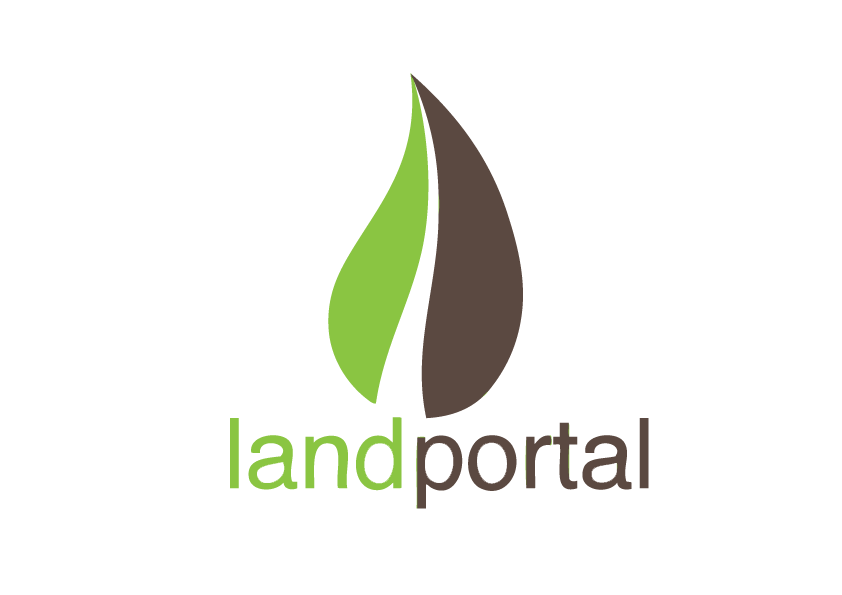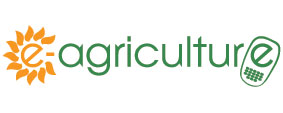Online Discussion: Connecting people, sharing knowledge, increasing transparency…

Table of Contents
Connecting people, sharing knowledge, increasing transparency: Using online platforms to increase access to open data and share best practices of monitoring women’s land rights
Key Questions
The key questions for ICTs, land rights experts, activists, or practitioners around which the discussion is to focus are:
- Have you used collaborative online platforms to help promote equitable access to land and natural resources? Can you share with us an example?
- To what extent can collaborative online platforms contribute to the opening of data? Can you share with us an example?
- Can you share with us any examples on how can they contribute to increasing transparency in land and natural resource governance?
- For the collaborative online platforms you have used, what have been the advantages and drawbacks? What suggestions do you have to improve them?
- What concrete example of monitoring women’s land rights would you like to share that other might find useful? What have you learned from your successes or mistakes that you would like to share with others in a land governance on-line community?
The discussion will take advantage of the International Land Coalition’s (ILC) expertise in monitoring land processes by being facilitated by the Coalition, in collaboration with ILC members and other Land Portal partners.
About
Over the past decade, there has been a growing understanding of ICT, in particular the Internet, as a powerful instrument for advancing economic and social development and the enhancement of networking, participation and advocacy. ICTs also have the potential to improve interaction between different stakeholders. The rise of the Internet and online platforms have changed the ways in which people connect, exchange ideas and build knowledge. Open, collaborative and user-driven online platforms encourage dialogue and the sharing of information and good practices around critical issues and have a good potential for generating new knowledge and increasing transparency – and, ultimately, to improve social equity and strengthen democracy.
The The Land Portal is a good example as it acts as an online hub for sharing information and fostering dialogue on land related issues. This is accomplished through a user driven platform which allows users to share information by uploading content, commenting and rating existing information, and retrieving information using specific filters. The Land Portal enthusiastically advocates for open-data and open knowledge, believing that open and transparent information is the key means to achieving sound and sustainable land governance. The Portal also provides a forum for dialogue, recognising online discussions as a means for bringing people from different countries and different sectors together around pertinent issues. These two functions- data aggregation and stakeholder dialogue- provide the framework for new partnerships by empowering land-concerned individuals, communities, organisations, practitioners, and policy makers to share perspectives and best practices, and to collaborate strategically.
Alongside the Land Portal, platforms such as Wikigender, e-agriculture, AIMS, FSN-Forum and the Open Development list offer services including list serves, communities of practice and knowledge sharing platforms on the issues of natural resource governance and/or gender equity.
Previous examples of sharing good practices through online platforms include the online discussion leading up to the ILC-IFAD-FAO side event at the Commission on the Status of Women (CSW), and the Gender, Information and Communication Technologies (ICTs) and Rural Livelihoods discussion hosted by e-agriculture. The online discussion leading up to the CSW side event was held simultaneously on the Land Portal and in the FSN-Forum with over 70 contributions received from 32 countries, from grassroots activists, researchers, NGOs and government staff.
This discussion aims to bridge institutional, academic and community experiences in using online platforms and monitoring women’s land rights, collecting contributions from grassroots organisations, civil society, IGO’s and governments.
The discussion will be facilitated by the International Land Coalitions (ILC) and will take advantage of ILC expertise in monitoring land processes in collaboration with ILC members and other Land Portal partners.
How can I participate?
The discussion will be facilitated by the International Land Coalition (ILC) (http://www.landcoalition.org/) Women’s Land Rights team. It will be running from 6-20 February simultaneously on the Land Portal (http://landportal.info/) and across the following five platforms:
- Wikigender (http://www.wikigender.org/index.php/New_Home)
- E-agriculture (http://www.e-agriculture.org/)
- AIMS (http://aims.fao.org/)
- FSN-Forum (http://www.fao.org/fsnforum/)
- Open-Development list and related open data communities (http://lists.okfn.org/mailman/listinfo/open-development)
| Wikigender |  |
AIMS | LogoFSN | Open-Dev |
Results
Results of the discussion are to be analysed and synthesized into a synthesis report/policy brief to be distributed across all platforms, as well as into a more in-depth paper to be presented at the annual World Bank Land and Poverty Conference, to be held in Washington DC from April 8-11 2013.
Outcome Documents
- Using online platforms to increase access to open data and share best practices of monitoring women’s land rights (Collections of contributions received for the on-line discussion)
- Connecting people, sharing knowledge, increasing transparency. Using the Land Portal to increase access to open data, share best practices and monitor women’s land rights (Meggiolaro, Laura; Pallas, Sabine; Davies, Tim; Treakle, Jordan, 2013)
Contribute to this online discussion!
We look forward to your participation! We strongly encourage you to disseminate news about the online discussion via your networks and on Twitter using the following link to this page: http://bit.ly/YBwUFa
Anyone with an Internet connection is invited to participate in the discussion and we encourage you to express your views on this pressing issue.
Please note however that comments will be moderated to ensure that there is no spam disrupting the discussion.
To participate, simply type your comment below or register directly via Disqus, Twitter or Facebook before typing your comment. To insert a URL hyperlink, make sure you shorten the URL first before posting it, otherwise it may not work. (e.g. using bitly, google url shorterner, tiny url…)
Problems to comment? Please make sure your browser supports Javascript. Disqus is rendered correctly in all major web browsers, including Internet Explorer 9, Firefox, Chrome, Safari, and Opera. On mobile devices, Disqus currently only supports browsers using the WebKit layout engine. If you encounter any problem posting your comment, please email us at contact@wikigender.org and we will assist you.
|url=[/DoubleBrace] [/DoubleBrace]See Also
- The Land Portal
References


